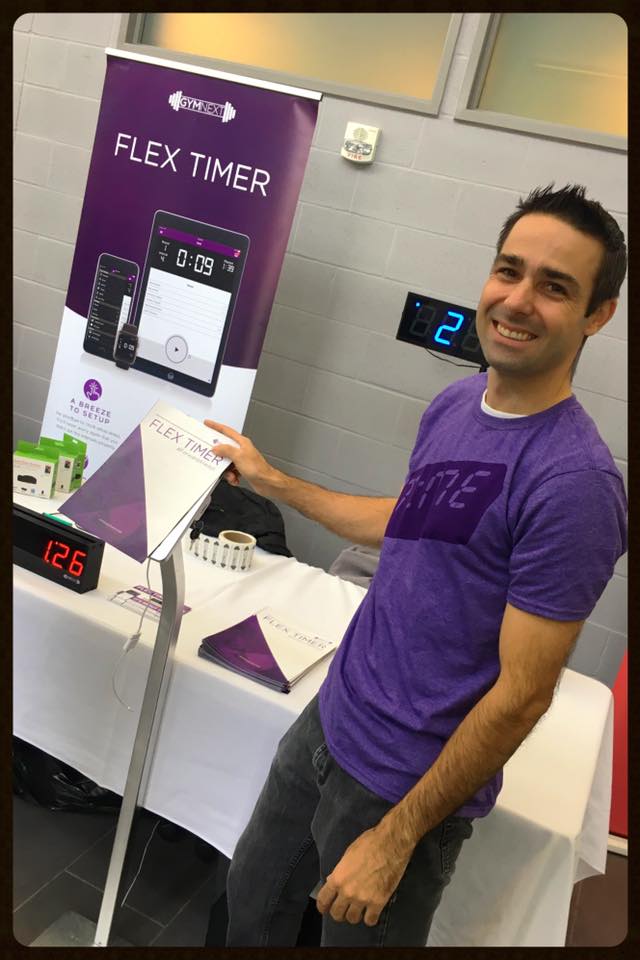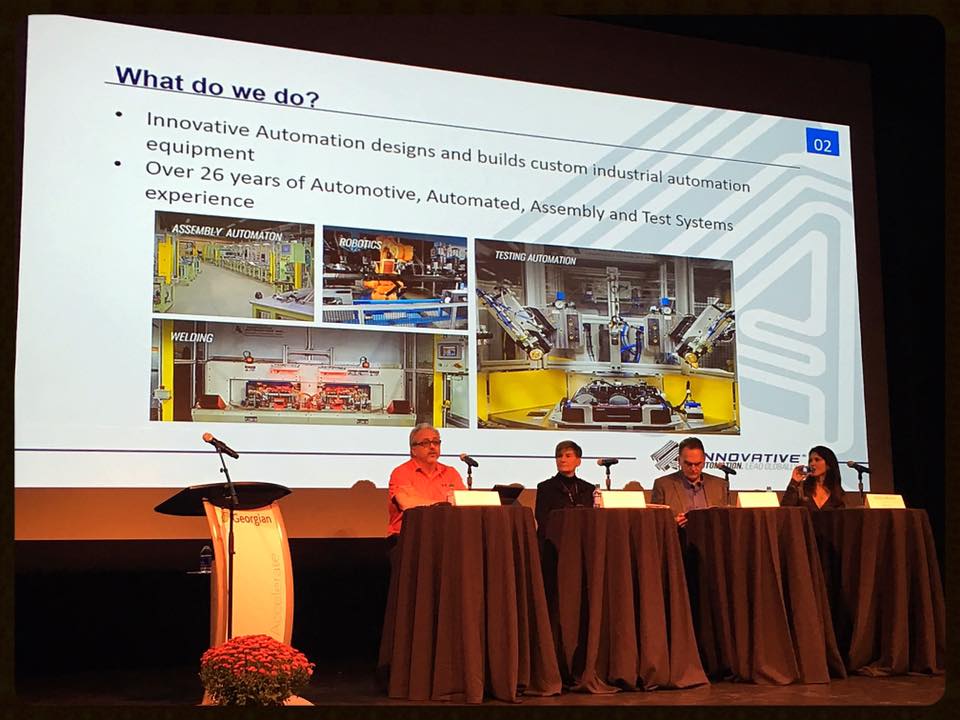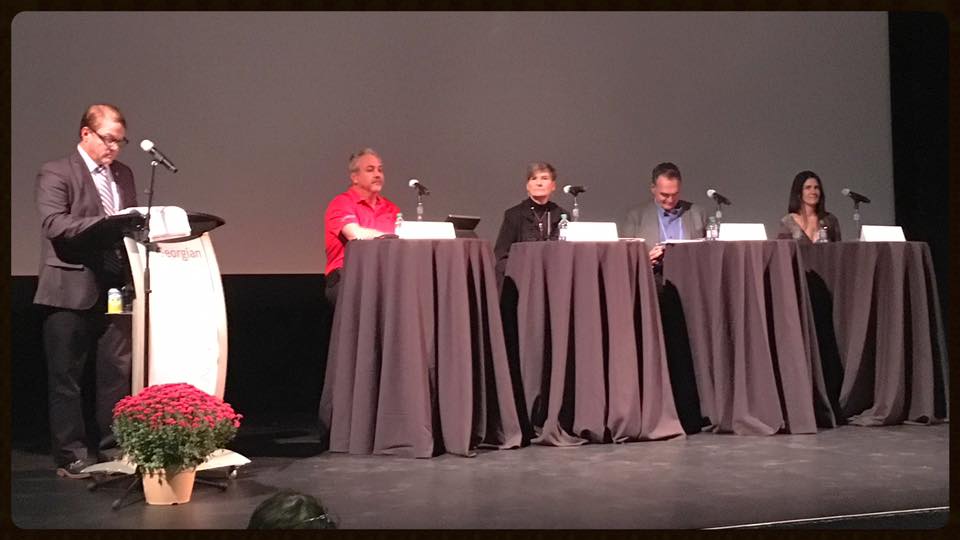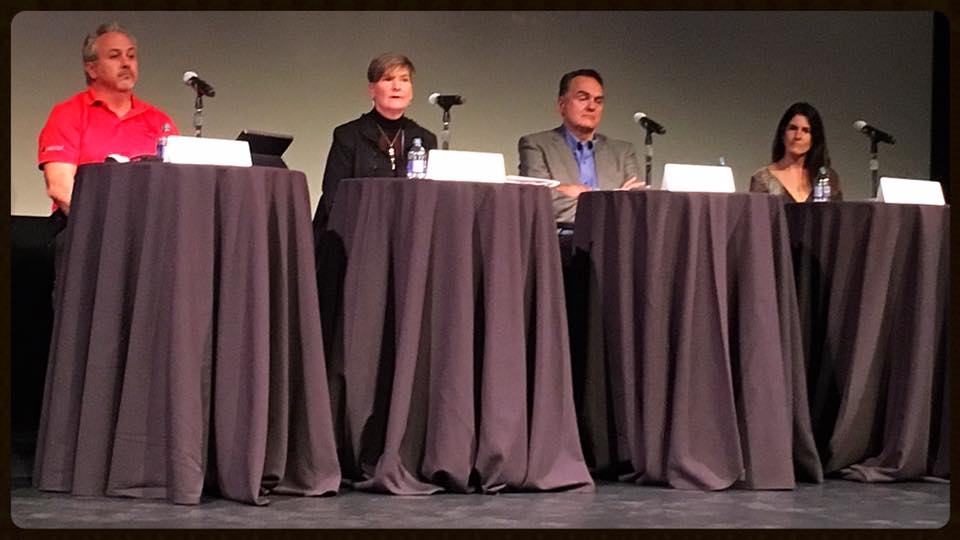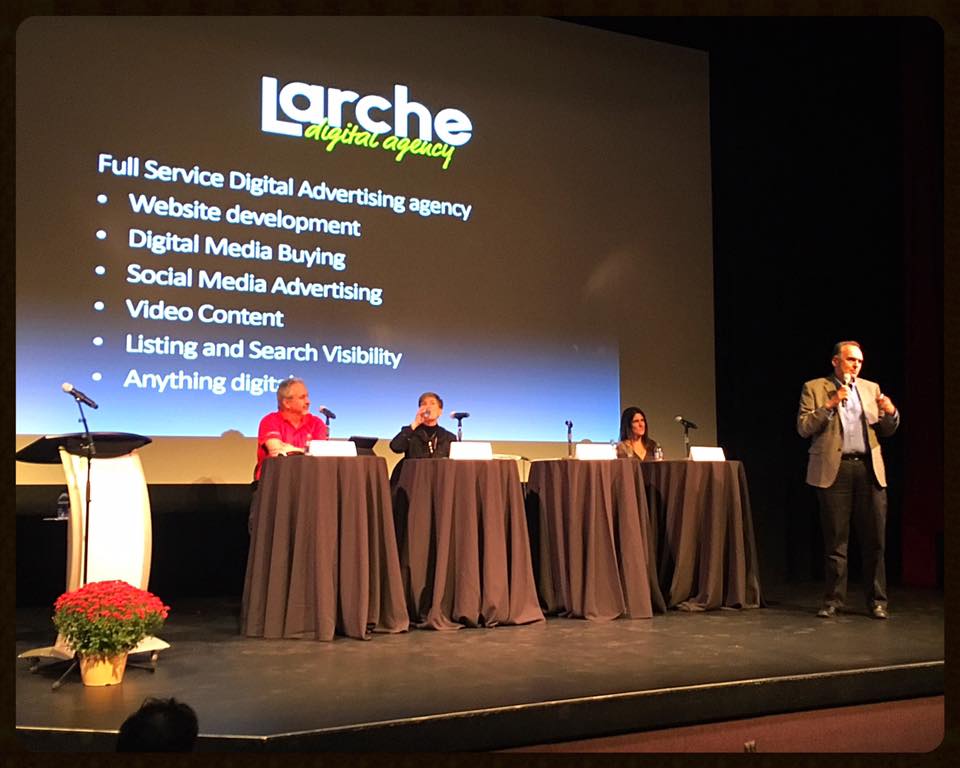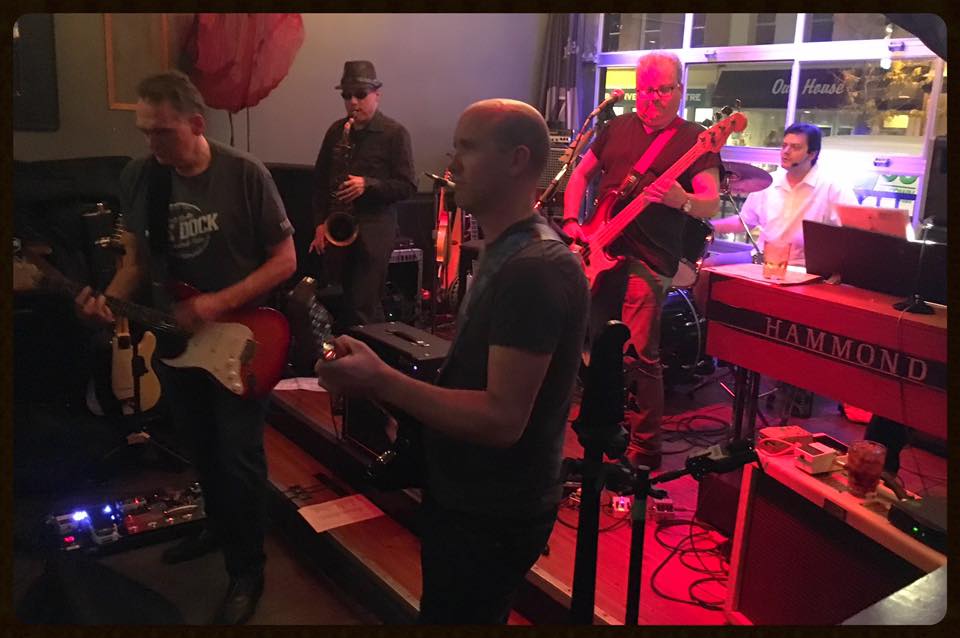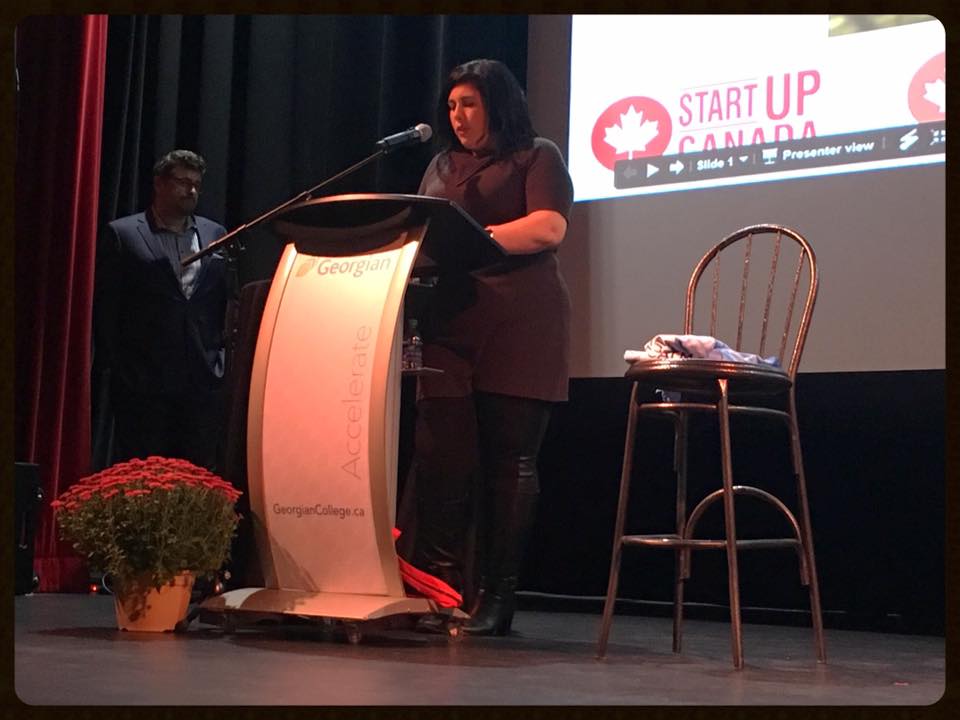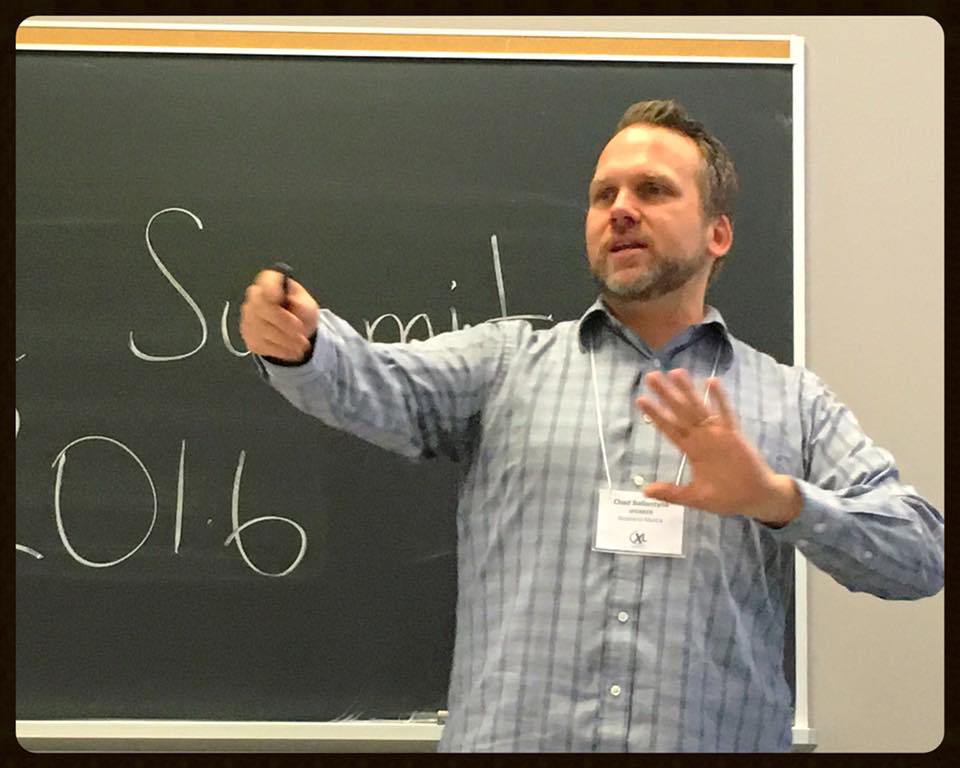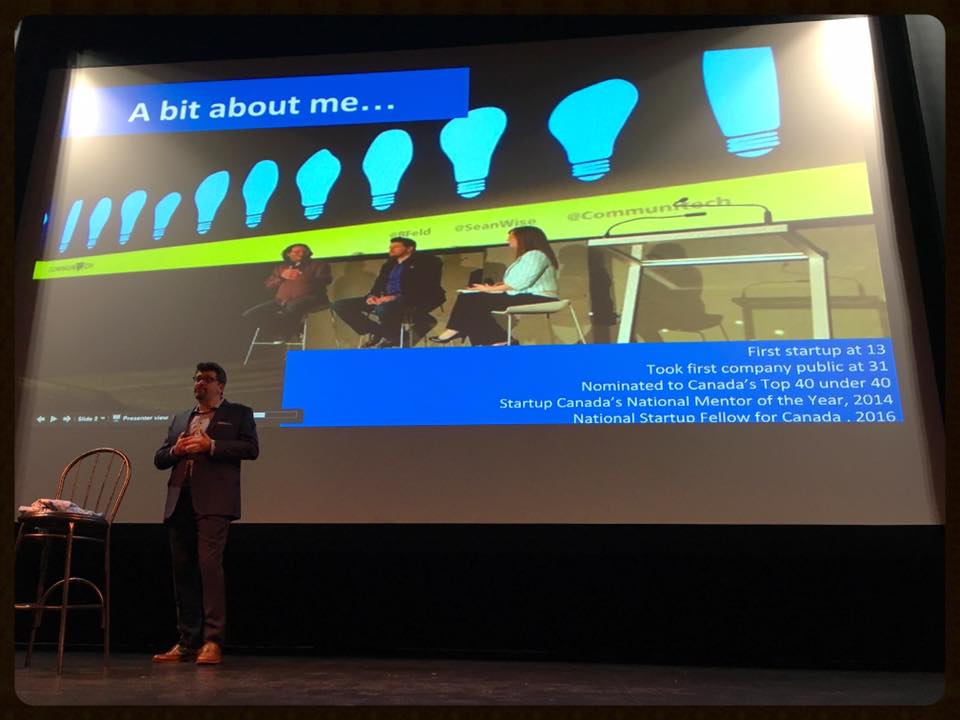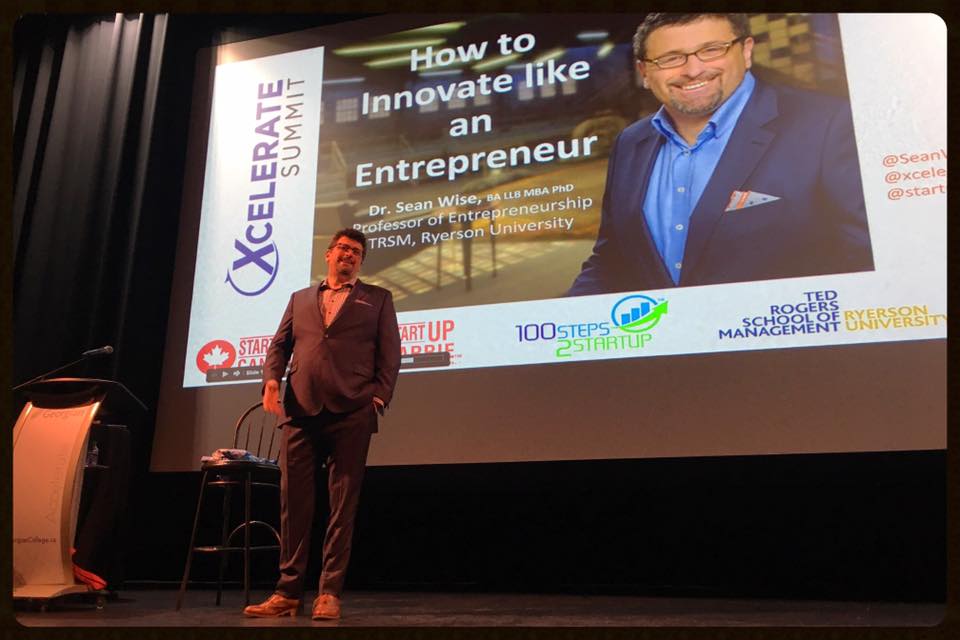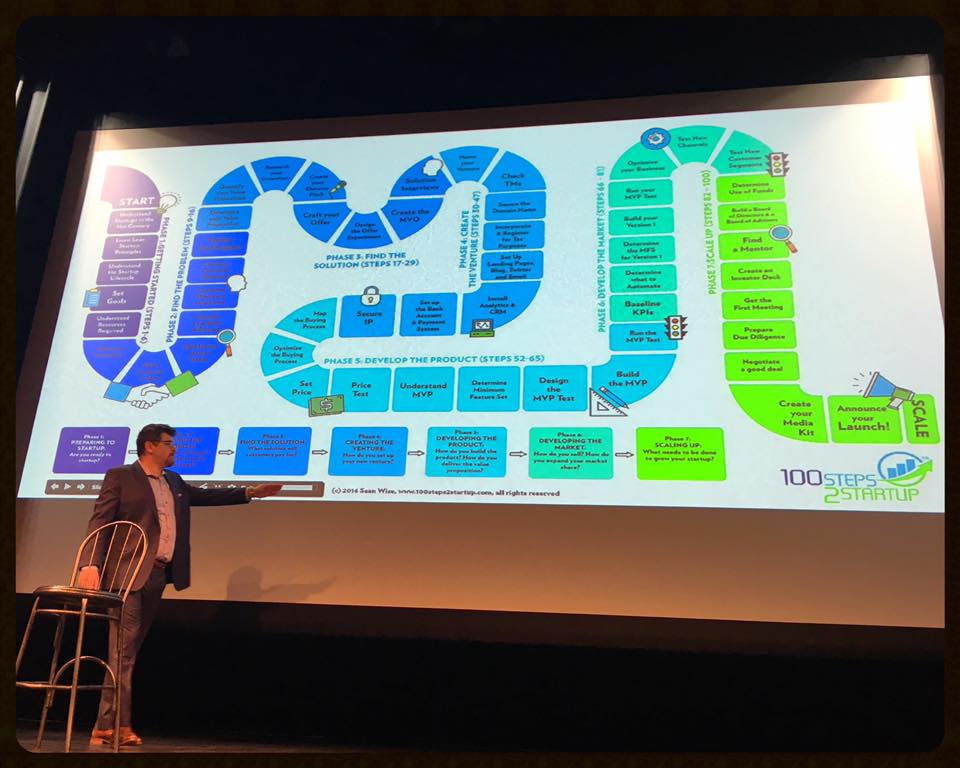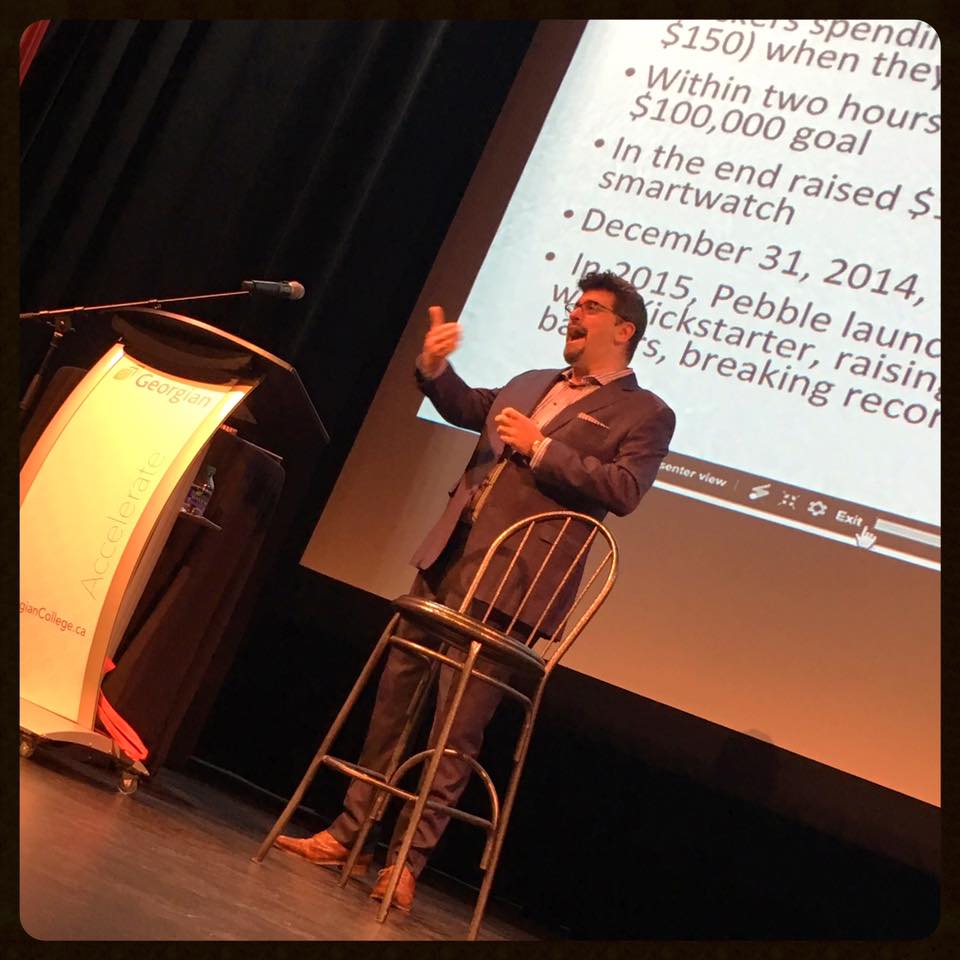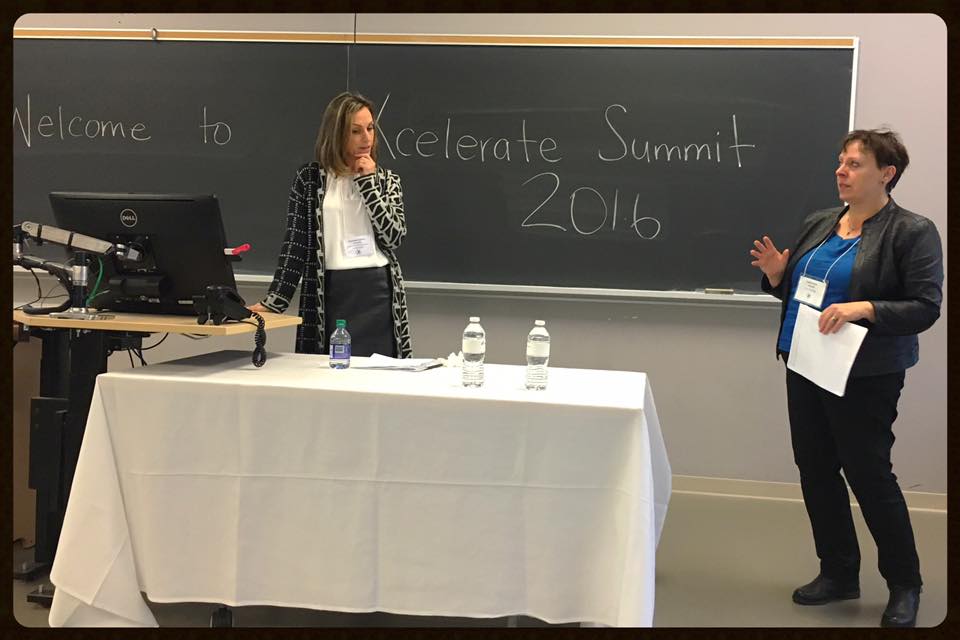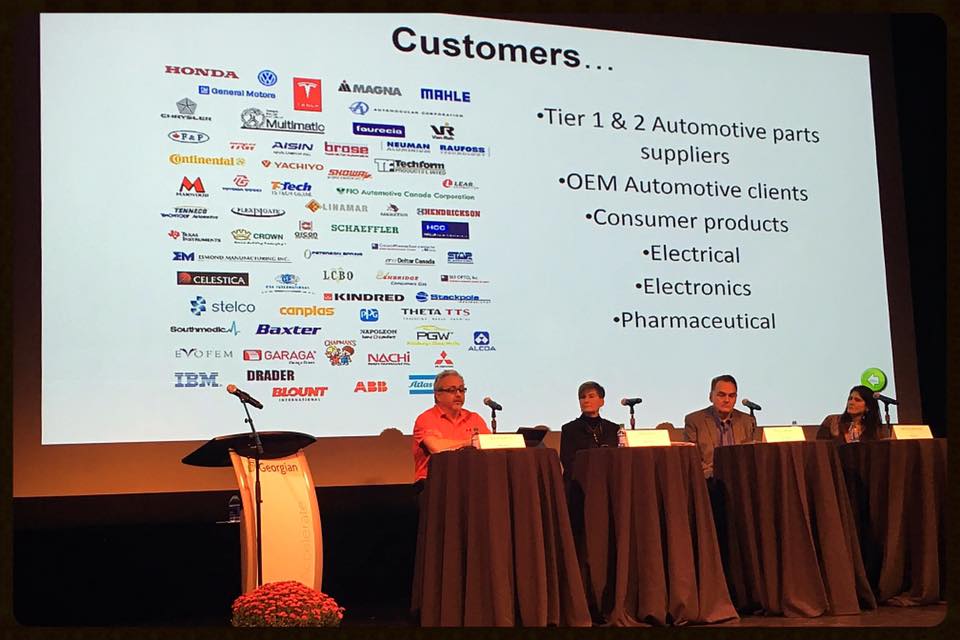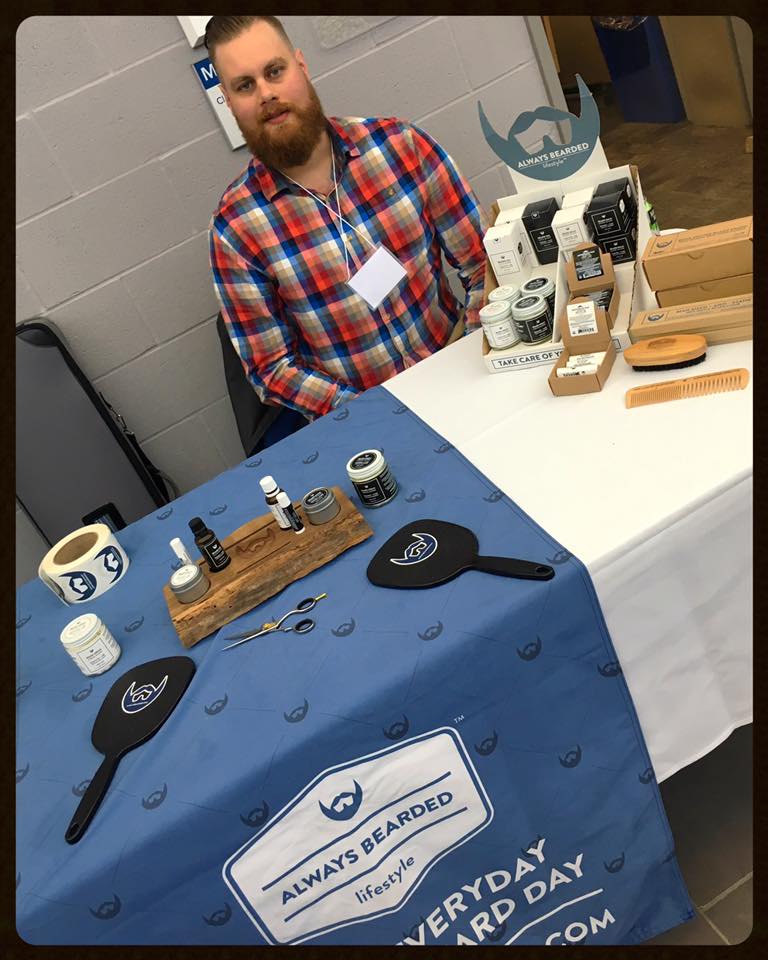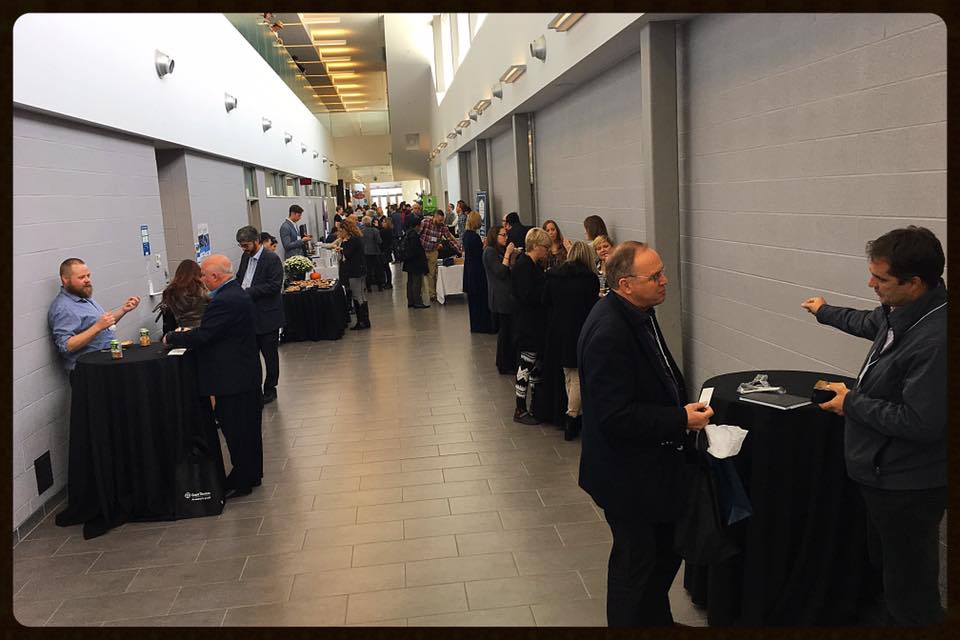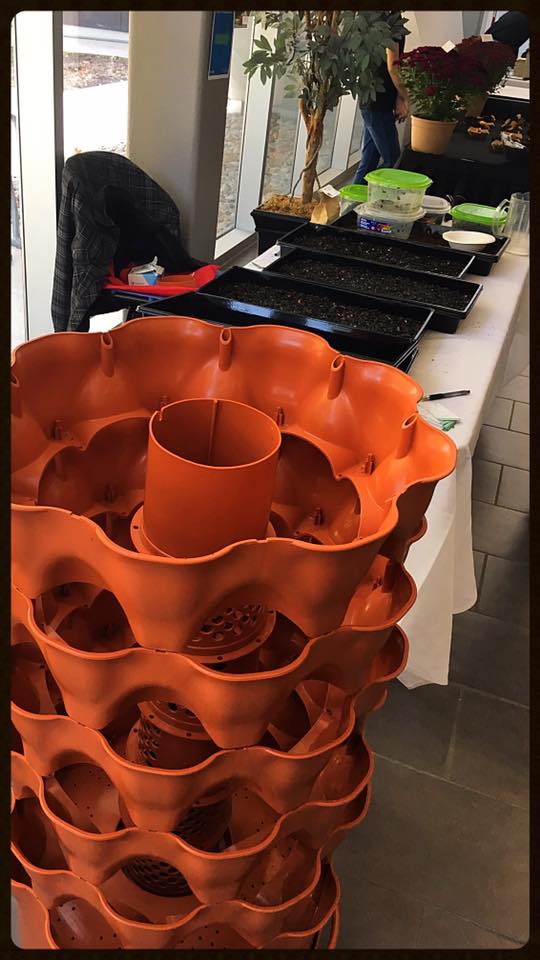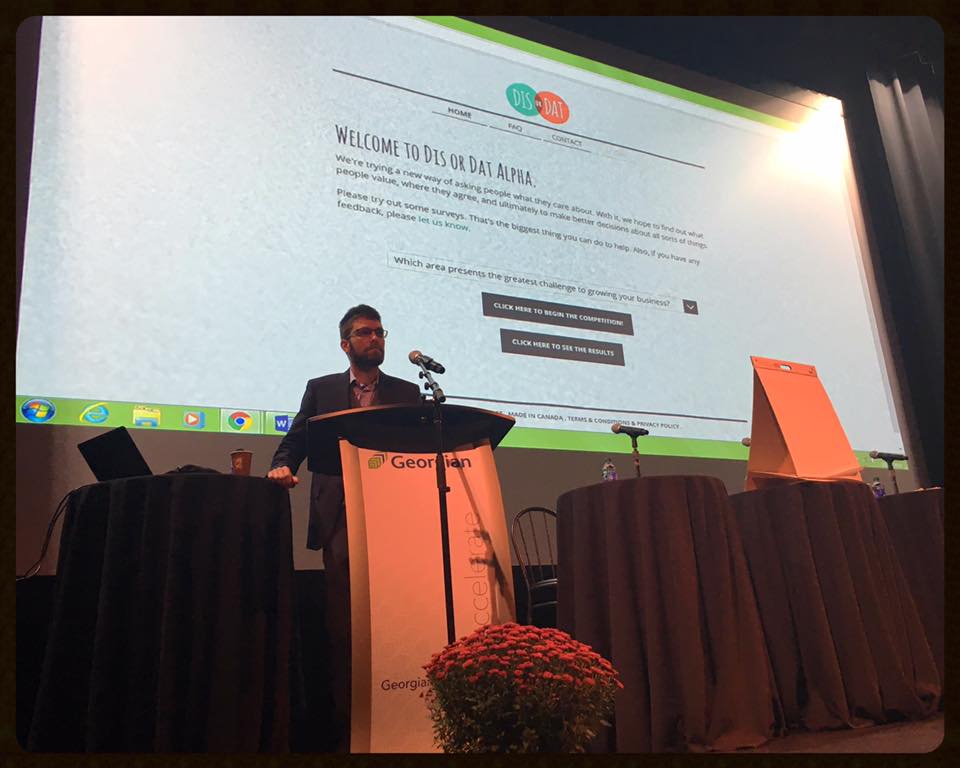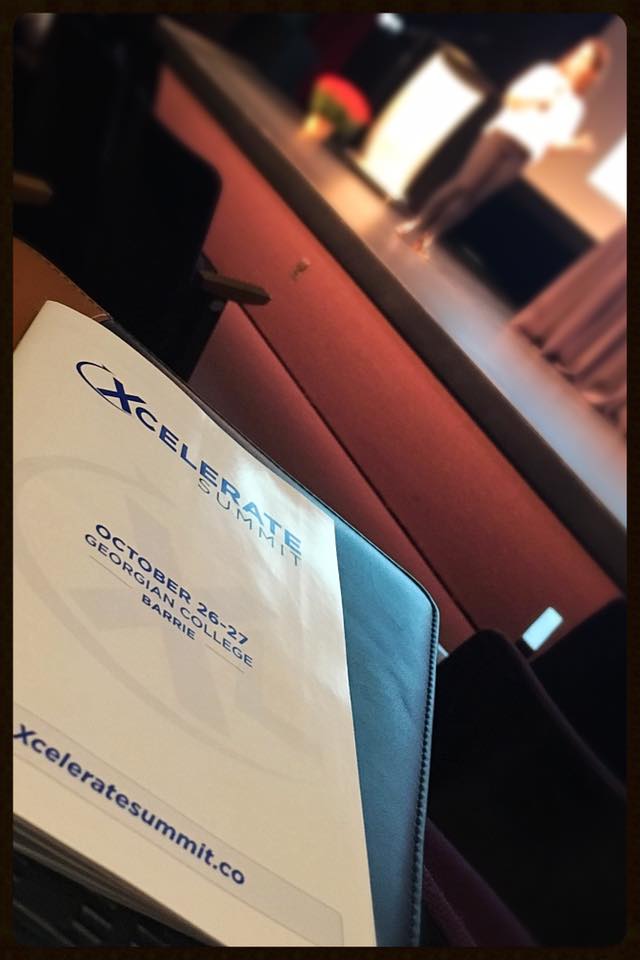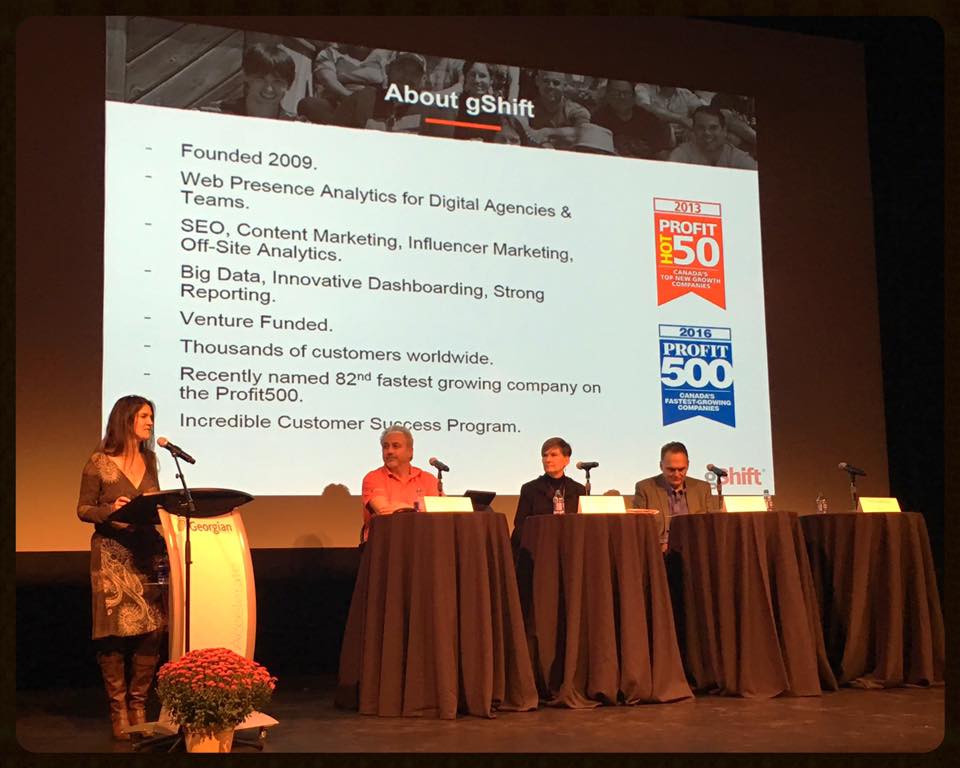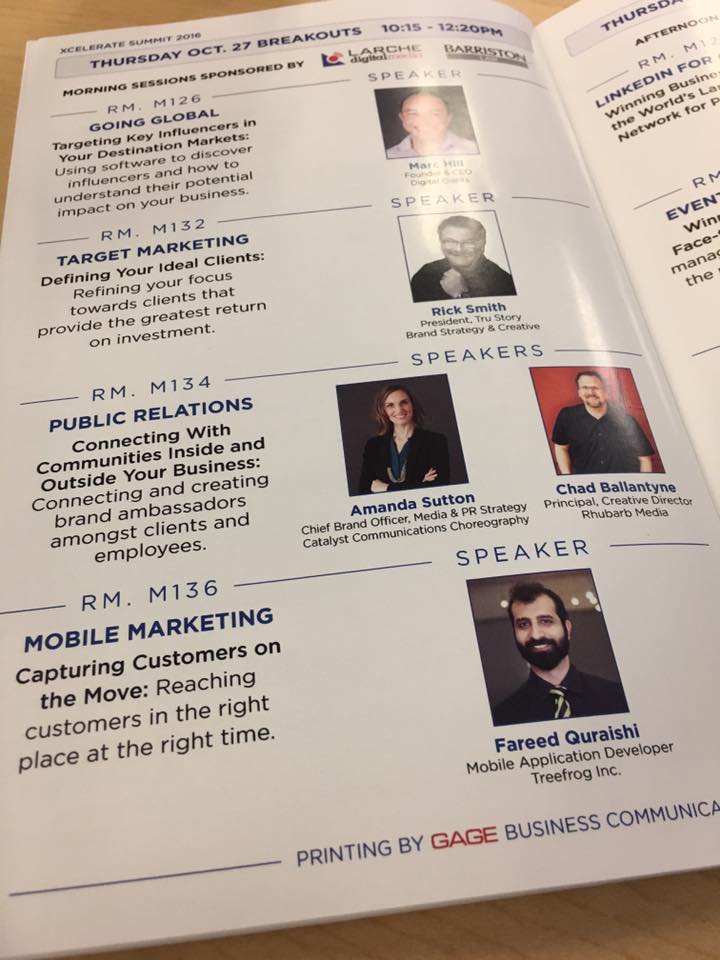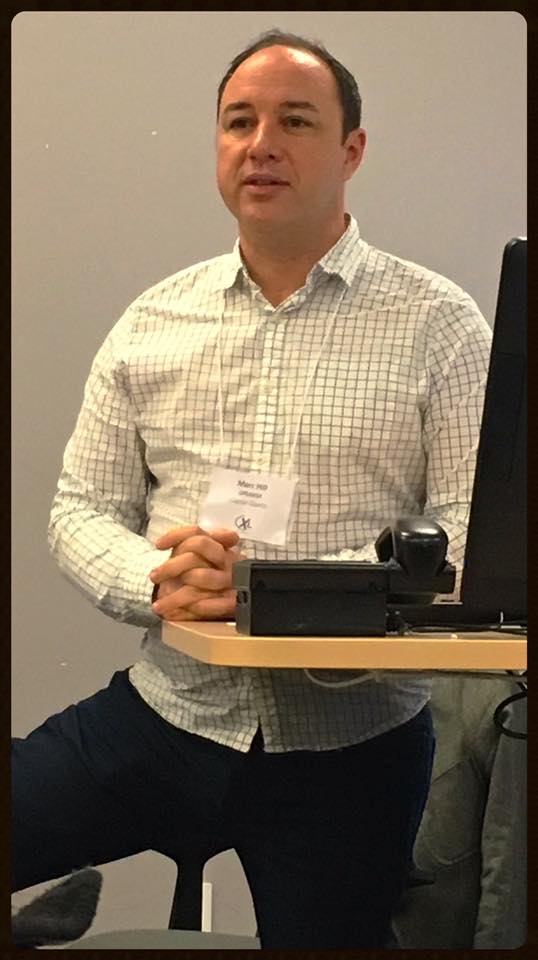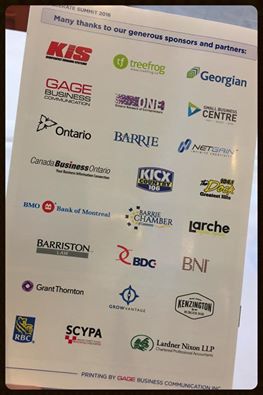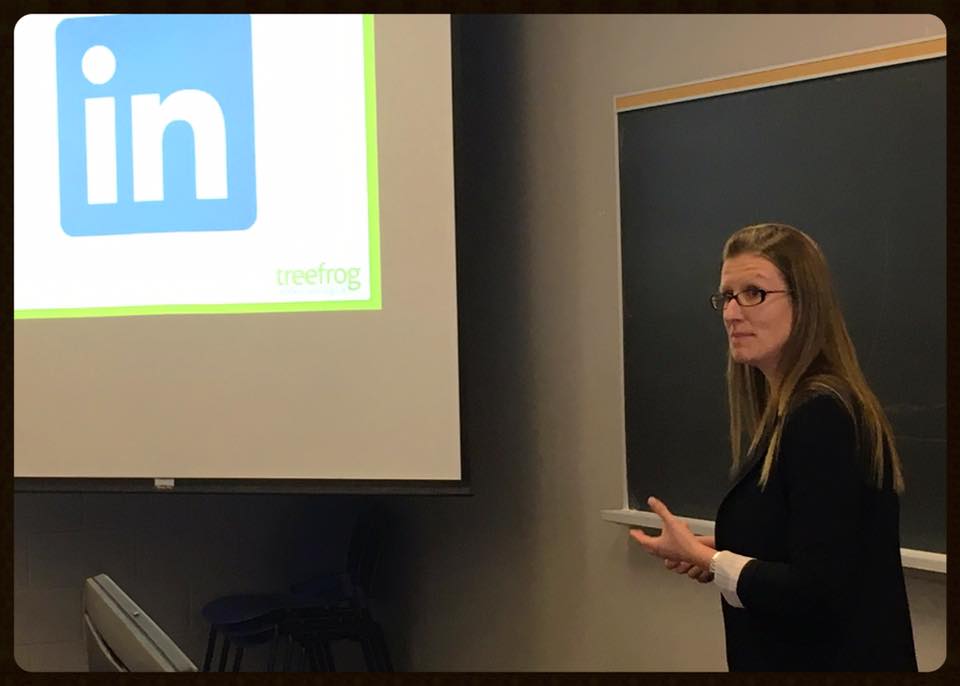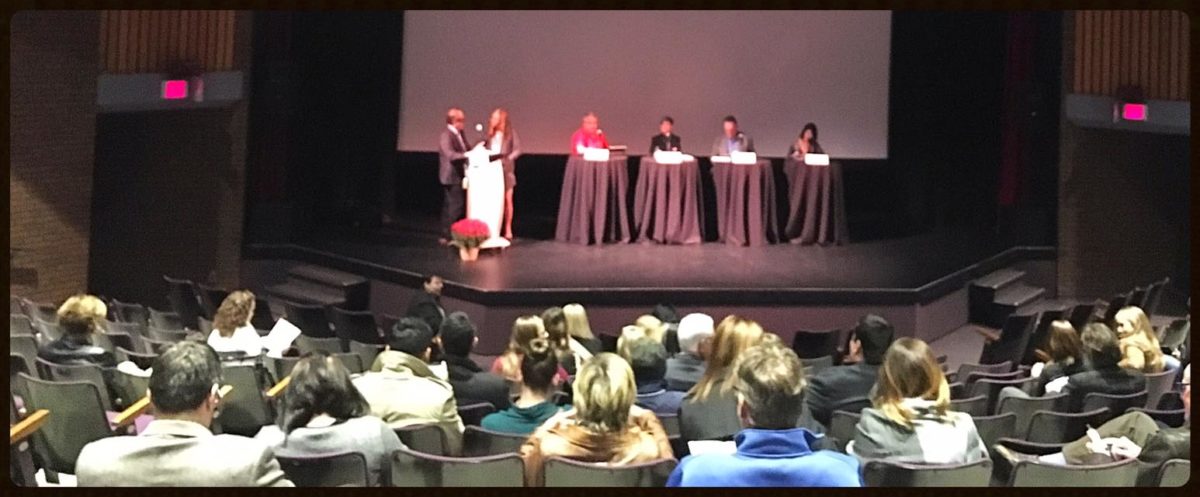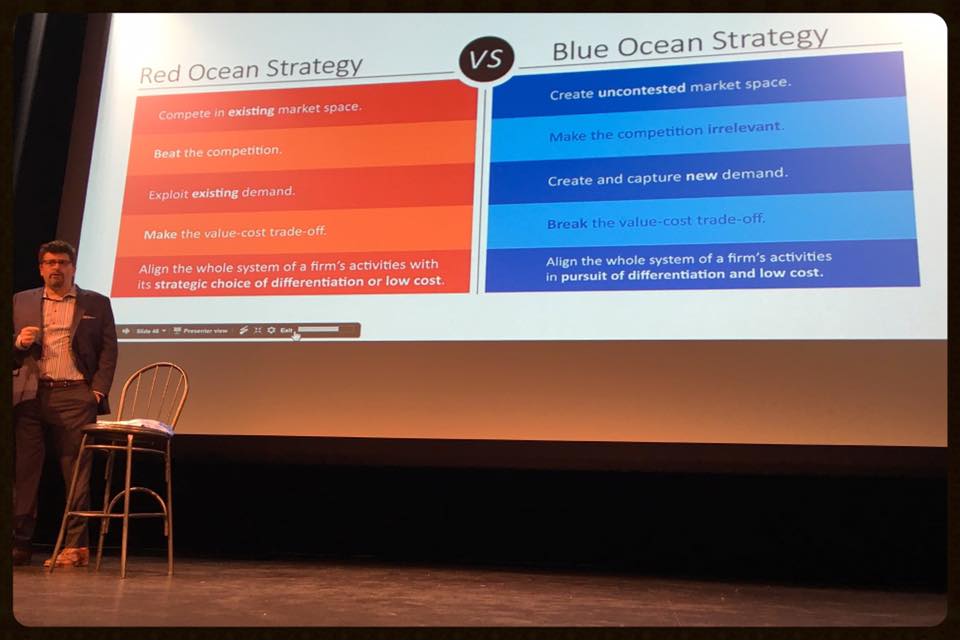The World Economic Forum states that we have now entered the 4th Industrial Revolution; one where life as we know it will change more significantly in a shorter time than we as the Human Race have ever experienced. What this means is that regardless of the technology we integrate, and the speed we adopt it, we’ll always be a little bit behind, and will always have more to learn than we could possibly imagine. While this might be scary for some, here are three things to consider as the world as we know it starts to leap forward rather than step:
- Businesses must be rooted in empathy and trust
Though it is tough to say exactly, what we do know is that people are subject to more advertising now than ever before. So much so, in fact, that we see between 4,000 and 10,000 advertisements in a single day. The result? Whether we like it or not, we’ve become great at filtering noise and desensitized to messages that aren’t authentic. Skip using buzzwords, only talking about the best parts of the job, and start really caring about people. No, I’m not talking about accommodating and catering to anyone; I’m talking about really building trust and being upfront about the experience in and outside of the job.
- What works for them might not work for you
A best culture doesn’t universally exist. What works at Google, might not work for your people. Comparing apples to oranges is dangerous when it comes to building great places to work and establishing a strong culture. Unless the employees are truly understood, and the environment they work in enables them to do their best work, workplace culture will never be as strong as it could be. Don’t know what that looks like? Ask them. Chances are they’d love to have their opinion hear. This leads me to my third point.
- Every team member must be heard
We’re long past the days where all decisions are made in the boardroom without consultation of the team. Imagine being in a room full of people only to have a select few come up with the ideas that shape and drive the next actions of the company. We simply can’t afford to not hear from the people that are ‘in the trenches’ when it comes to refining best practices and moving forward as an organization. Sure, the C-suite may make the final decision, but limiting the knowledge base isn’t affordable when competitors are using all of the resources (people) they have to be the best they can be.
The Future of Work has seemingly shifted from something that we were all excited about to something that we now seem to have started to fear. Change is inevitable and if we want to be able to do our best to not only keep up with the times, but create a great place to work, we have no choice but to get and use all of the help we can.
And while it may seem that we have to speed up to keep up, I’d invite you to consider that the best way to speed up us to slow down, be intentional, and ensure there is care and trust rooted in every decision made.
Eric Termuende


